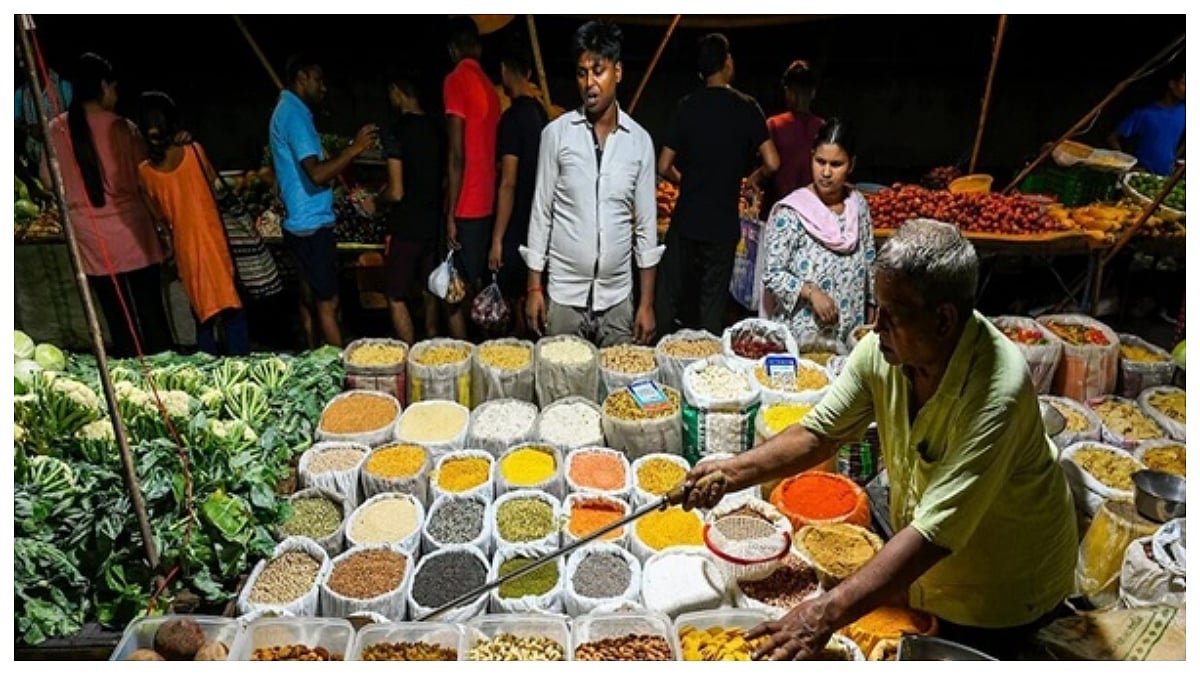The Budget for the financial year 2022-2023 will be presented by Finance Minister Nirmala Sitharaman on 1 February. The expectations from the Budget for the hospitality sector are lower taxes, better infrastructure, and lucrative loan interest-free loan options.
The hospitality sector contributes 9 percent of India’s GDP and employs more than 4.5 crore people, providing livelihood to crores of Indians. The sector India has been the worst-hit industry and has incurred heavy losses, which makes it imperative for its players to look for relief in the Union Budget 2022.
The pandemic posed a shock to the livelihood of millions of workers in the hospitality sector, who were rendered jobless either due to closures or downsizing by their employers. The Indian hospitality sector plays an important role in the revival of the post-pandemic economy and hence needs special attention in the upcoming budget of 2022.
The government has been supportive but should be more proactive to make available interest-free loans, greater subsidies, and a reduction in tax structures. These timely amendments will speed up the recovery of losses and help the industry bounce back sooner. It’s commendable how the hospitality industry has exhibited tremendous positivity despite the challenges, and a push from the government in the right direction can lead to a boom in business and sales.
The fresh wave of COVID has once again plunged the hospitality sector into uncertainty, which will make new investments in the sector not only less but practically nil. The government needs to provide access to softer funding and give longer durations to pay off loans to investors to make hotel investments attractive and sustainable. An increase in investment in the sector will ultimately lead to better development and more jobs.
It is also crucial for the government to support the sector to enable to promote tourism. The Budget can include sustainable schemes to promote tourism. The sector expects the government to focus on tweaking norms under the different tourism infrastructure development schemes which will enable different states to utilize these funds effectively for developing health and safety infrastructure to minimize the transmission of the virus, particularly at famous and crowded tourist destinations. Developing safety infrastructures will also make people confident enough to travel in these risky times.
The government should also actively consider providing finance to hotel accommodations and restaurants by subsidizing fixed costs. A waiver on applications and renewals of licensing fees at least for a year and waiver on property tax and interstate transport taxes will help the businesses to revamp slowly and steadily.
The government also needs to consider revamping the current structure of GST that lacks uniformity. GST was primarily introduced to standardize tax rates and help implementation of uniform rates in a defined manner. The structure yet lacks uniformity in terms of different GST rates for different components in the food and hospitality sector. A standardized rate of GST can lead to less ambiguity and ease the administrative process and let businesses focus more on the core affairs of the business.
The Federation of Hotel and Restaurants Association of India( FHRAI) has also enlisted a request to include the hospitality sector in the National Infrastructure Pipeline (NIP), which would be a great relief for COVID-stricken businesses to obtain funds at lower interest rates and also give them a long time for repayment.
It would be good if the government provides special incentives to corporates to conduct their meetings and conferences in India, rather than a foreign country. Special incentives could be partial or full exemption on taxes for the expenses incurred to conduct meetings in their home country. This will help develop domestic tourism, generate employment and discourage corporates to travel abroad for meetings.
The steps taken by the government at the right time and direction will allow the industry to flourish and fill in the holes caused by the lockdowns since 2019. In a nutshell, the aim should be to encourage people and investors to spend within the country. This alone will lead to a quick revival of the industry and boost domestic operations.
(The writer is CEO and Co-Founder of Ekostay, a homestay venture)










